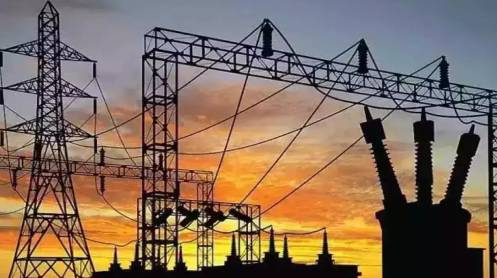ISLAMABAD: The Chamber of Commerce and Industry has filed a constitutional petition in the Supreme Court against independent power producers (IPPs), seeking to nullify the 1994, 2002, and 2015 policies that allowed state largesse disposal without competitive bidding.
Filed by Advocate Faisal Naqvi, the petition urges the Supreme Court to declare that the government and its agencies cannot profit from providing essential services like electricity. It calls for a comprehensive forensic audit of all IPPs and the implementation of the 2020 report to recover excess profits, renegotiate agreements, and shift from “take or pay” to “take and pay” contracts.
The petition also requests the removal of anomalies in calculating the internal rate of return (IRR) in IPP agreements and the withdrawal of directions allowing dollarization of amounts not invested or borrowed in foreign currencies. It argues that the government must supply electricity at the least cost, as mandated by Article 9 of the Constitution.
Highlighting the power sector’s role in Pakistan’s economic crisis, the petition states that the country is set to pay Rs3.58 trillion to electricity generating companies this year, with Rs2.63 trillion likely to be recovered and the remainder adding to the circular debt. Despite an installed capacity of 45,885 MW, with peak demand at 30,000 MW in summer and 12,000 MW in winter, IPPs plan to add another 7,460 MW by 2032, in addition to government projects.
The petition contends that state contracts must be open, fair, reasonable, and transparent. It criticizes the government for not conducting a full forensic audit, as recommended in the 2020 report, which detailed IPP violations and excess profits. The Lahore High Court Bar Association (LHCBA) has also approached the Supreme Court, requesting the declaration of the Power Generation Policy 1994 and other relevant policies as unconstitutional and summoning details of IPP ownership and non-generating entities.
The petition argues that allowing private parties to make extortionate profits from an essential commodity like electricity violates Article 18 of the Constitution.
Story by Hasnat Malik







